Stephanie from Eureka, CA, asked:
Hi Julie,
Right before Christmas I had to put down one of my horses. Shanook hurt himself and the injury wasn’t recoverable. He’d been with me since 2004 and passed at the age of 26.
The decision to euthanize Shanook is like a knife in my heart daily. In addition, my other horse Ruger, hasn’t been the same since Shanook left us.
I can feel and see how much Ruger misses Shanook. His calls for him are less frequent and I get the feeling that Ruger may be angry at me for what happened because he is different with me now.
Ruger used to greet me daily and now he doesn’t acknowledge me unless i walk in front of him. He just stares off like he is waiting for Shanook to show up.
Is there a way you can tell Ruger I miss Shanook too and that he is no longer in pain? They were together for 24 years so I know Ruger is missing him too.
They were so beautiful together. Ruger is a black and white Paint and Shanook was a brown, white, and black Paint. They were best friends.
Thank you for your consideration.
Stephanie
Hi Stephanie,
My condolences on Shanook’s passing. Many of us find losing a beloved pet is just about as painful as losing a human loved one.
Research shows horses actually do grieve. Equine Wellness Magazine says, “Some horses show easily observable expressions of grief, such as waiting for days by the gate through which their buddy disappeared, exhibiting reduced social interaction, or appearing depressed. Their eyes may be lackluster, their usual expressions of joy may fall by the wayside, and even food intake may be reduced. Sometimes they will just be a little quieter overall, which can easily go unnoticed. These signs of grieving are most likely to become apparent shortly after the loss.”
Speaking of equine grief, it’s interesting to note that wild horses have a good-bye ritual they perform when one of their fellow horses is dying. Similar to people coming to visit a human loved one at the end of their life, wild horses come in families and take turns individually sharing breath with the dying horse.
Katherine Houpt, DVM, Ph.D., physiologist and animal behaviorist at the New York State College of Veterinary Medicine at Cornell University says, “Behavioral treatment is aimed at getting the grieving horse interested in its environment again and may be assisted with medical and pharmaceutical options to treat anxiety, depression, not eating, etc.”
To get some personalized information for you, I spoke (telepathically) to both Shanook and Ruger.
Shanook wants you to know how much he appreciates your euthanizing him. He said his pain was tremendous and that when his spirit left his body, he felt like Pegasus. He even showed me an image of him flying upwards just like the mythological winged horse. He also said he visits you in your dreams.
When communicating (again, telepathically) with Ruger, he said he misses Shanook very much, understands why you had Shanook put down, and now just feels lonely most of the time. If possible, Ruger would like for you to get another horse, and asks that you get a younger horse who will be around for a long time.
Hope this information helps comfort you.

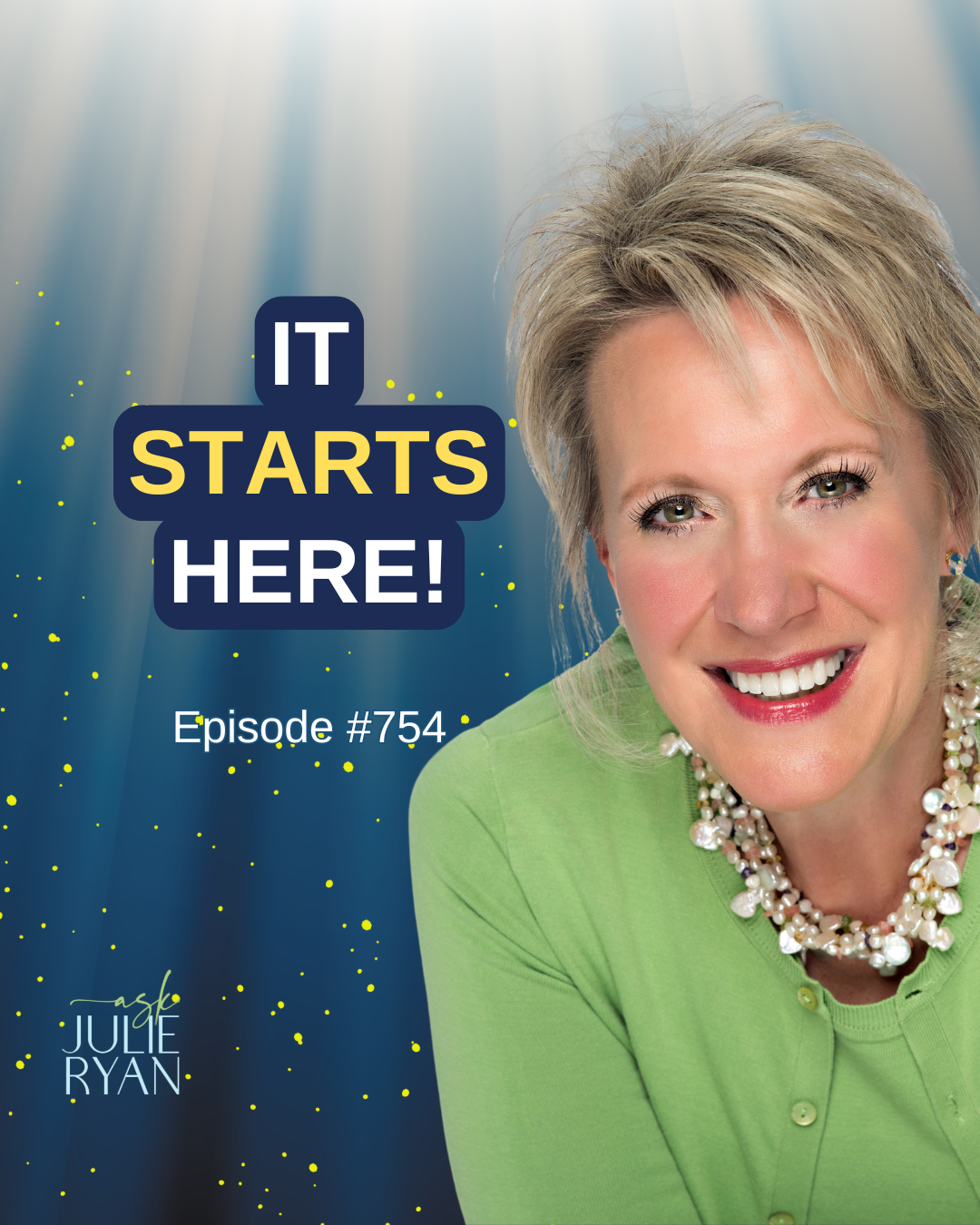
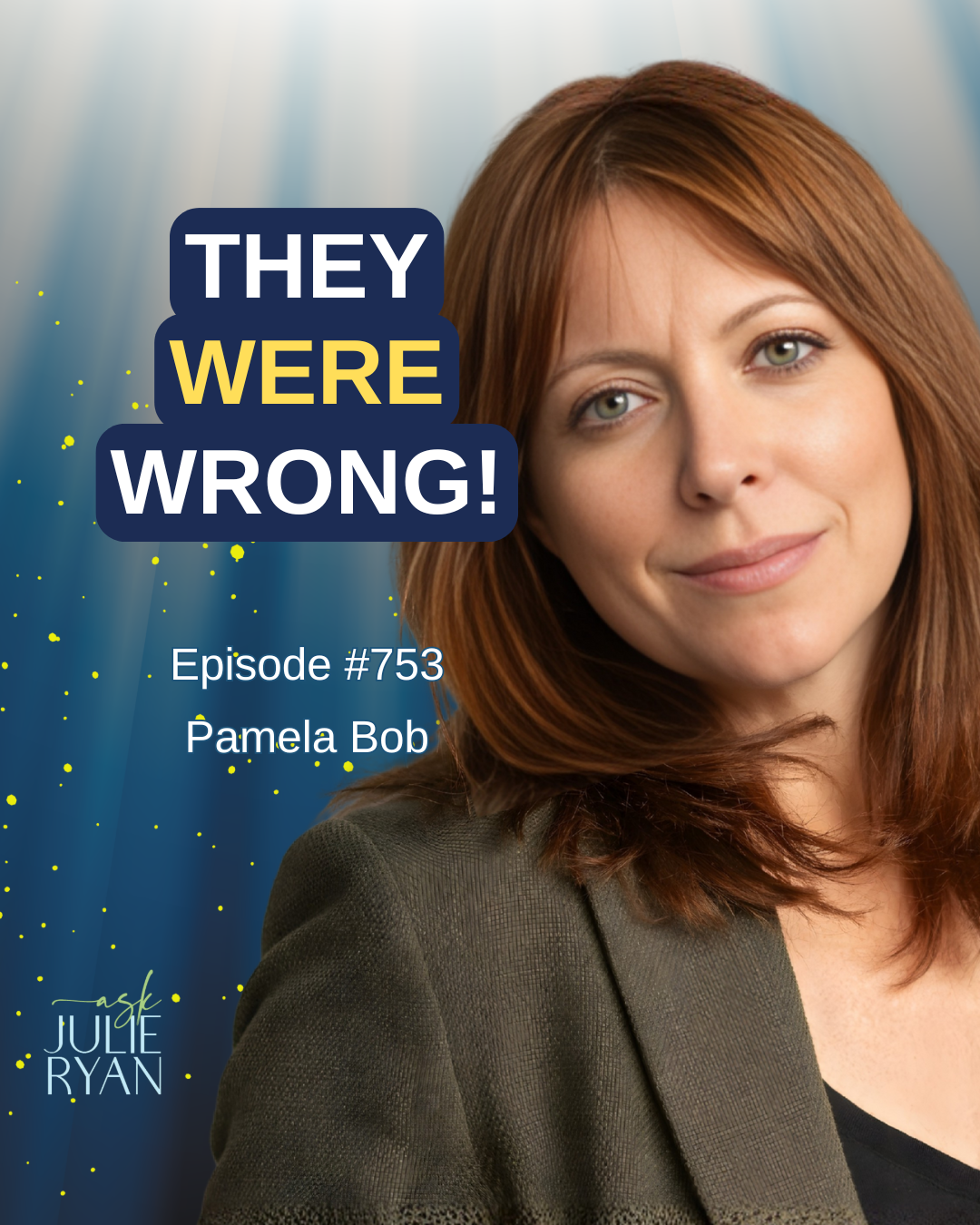
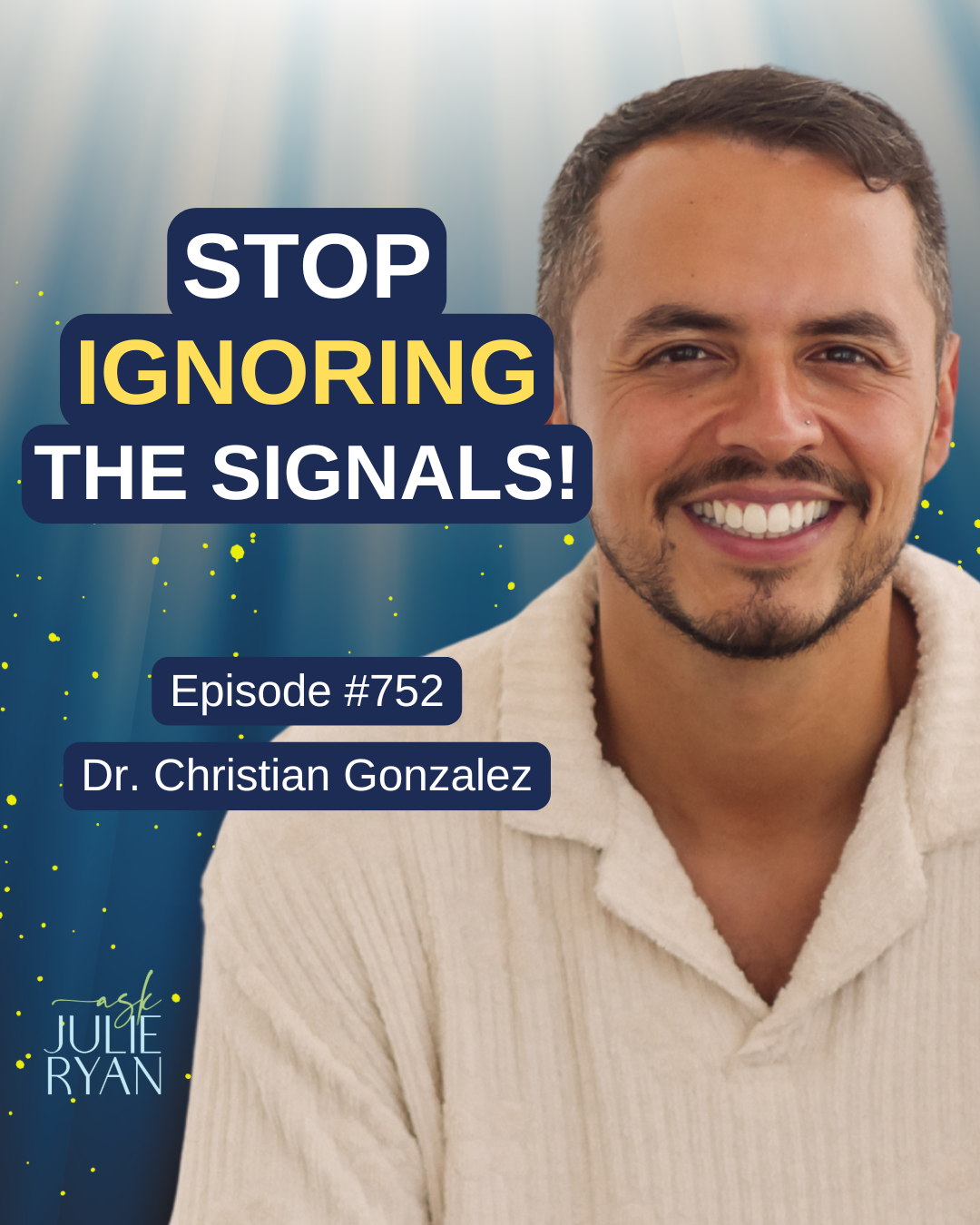
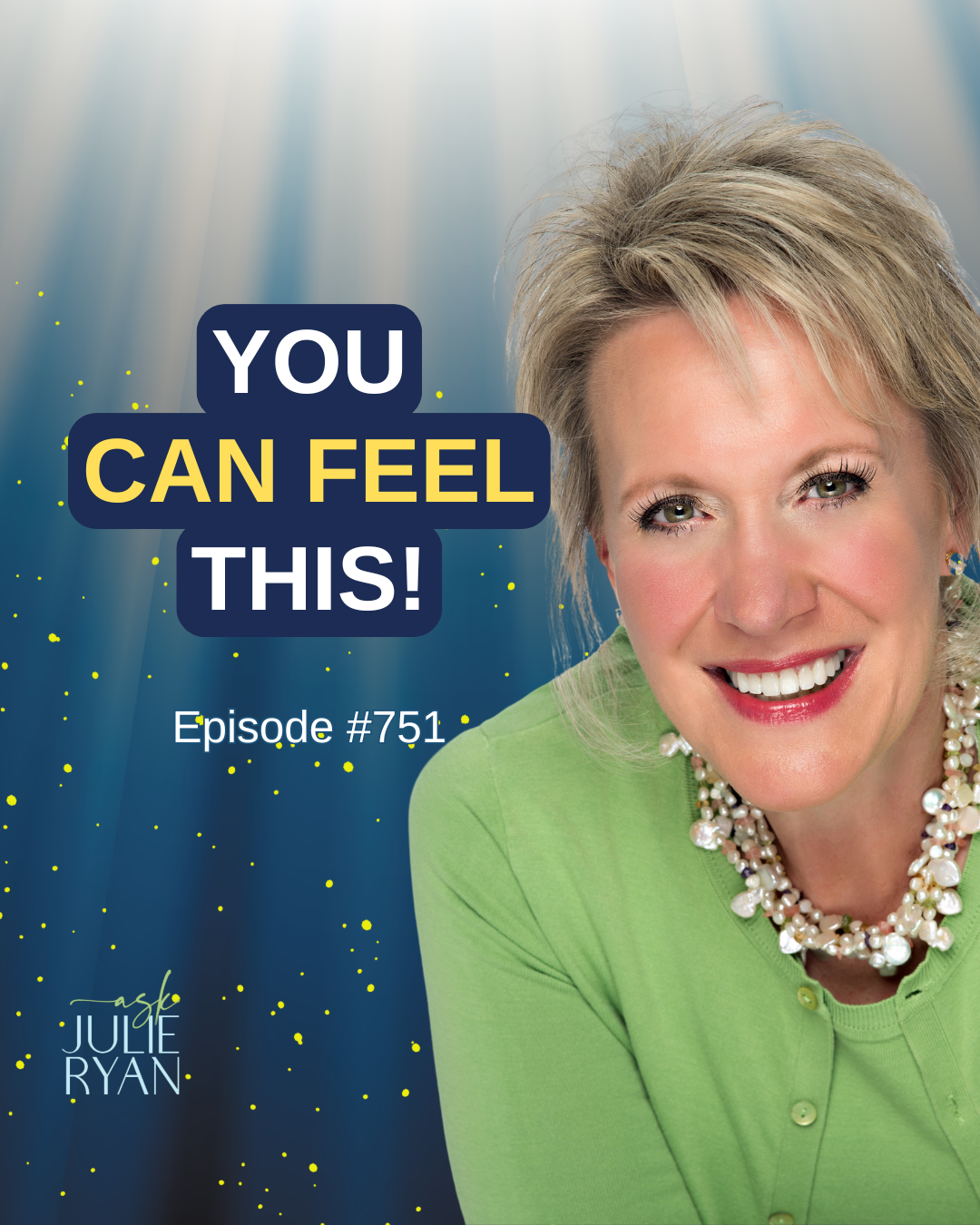
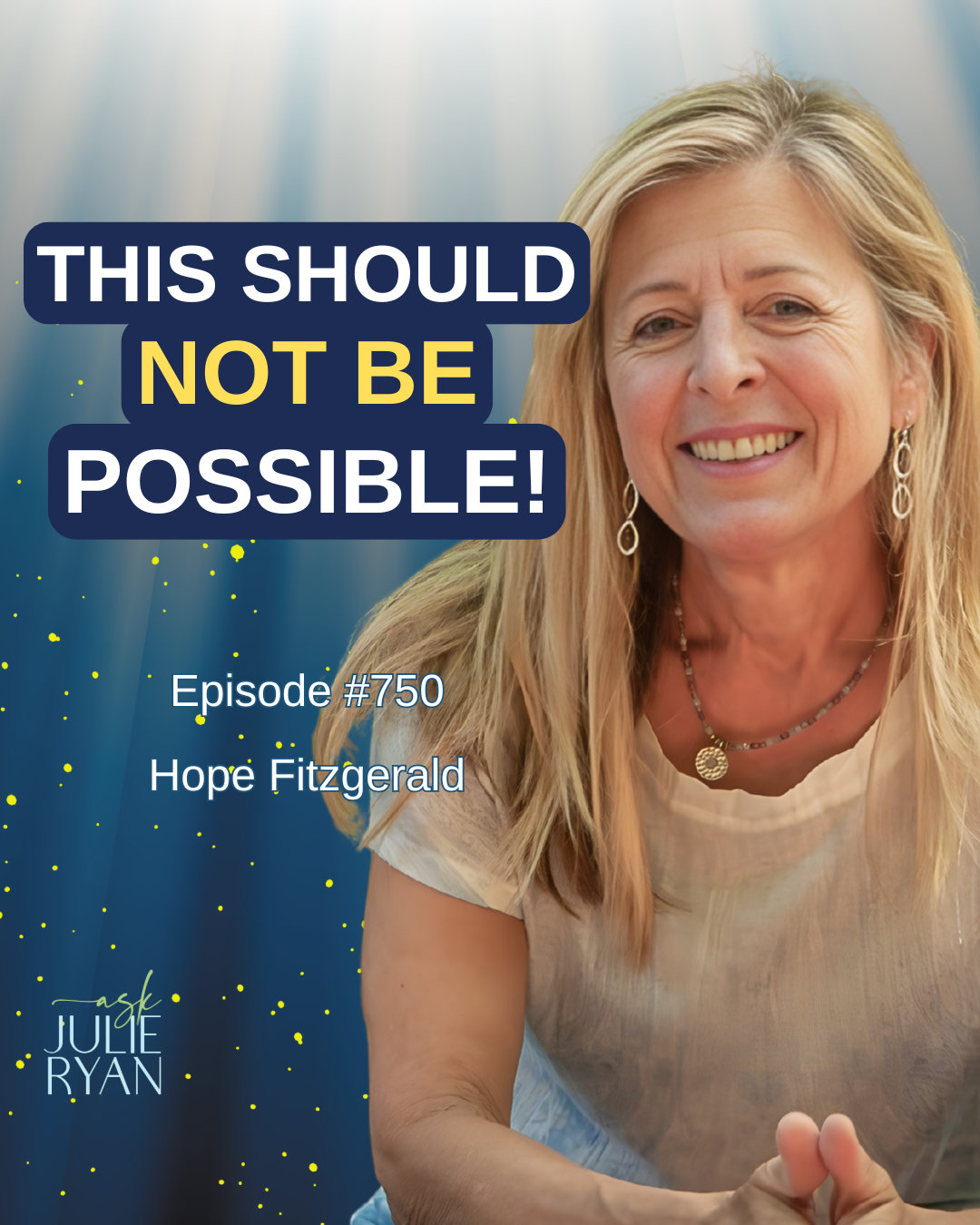
1 thought on “Horse Grief”
I love horses and this story is heartbreaking and heartwarming at the same time .. Hope Ruger can recover with the help of another horse ..🙏💕
Comments are closed.